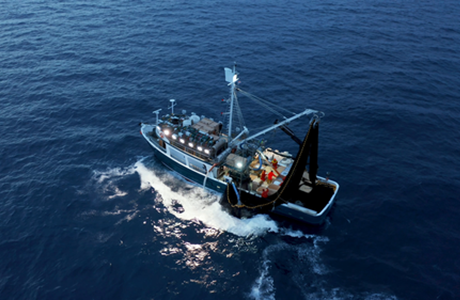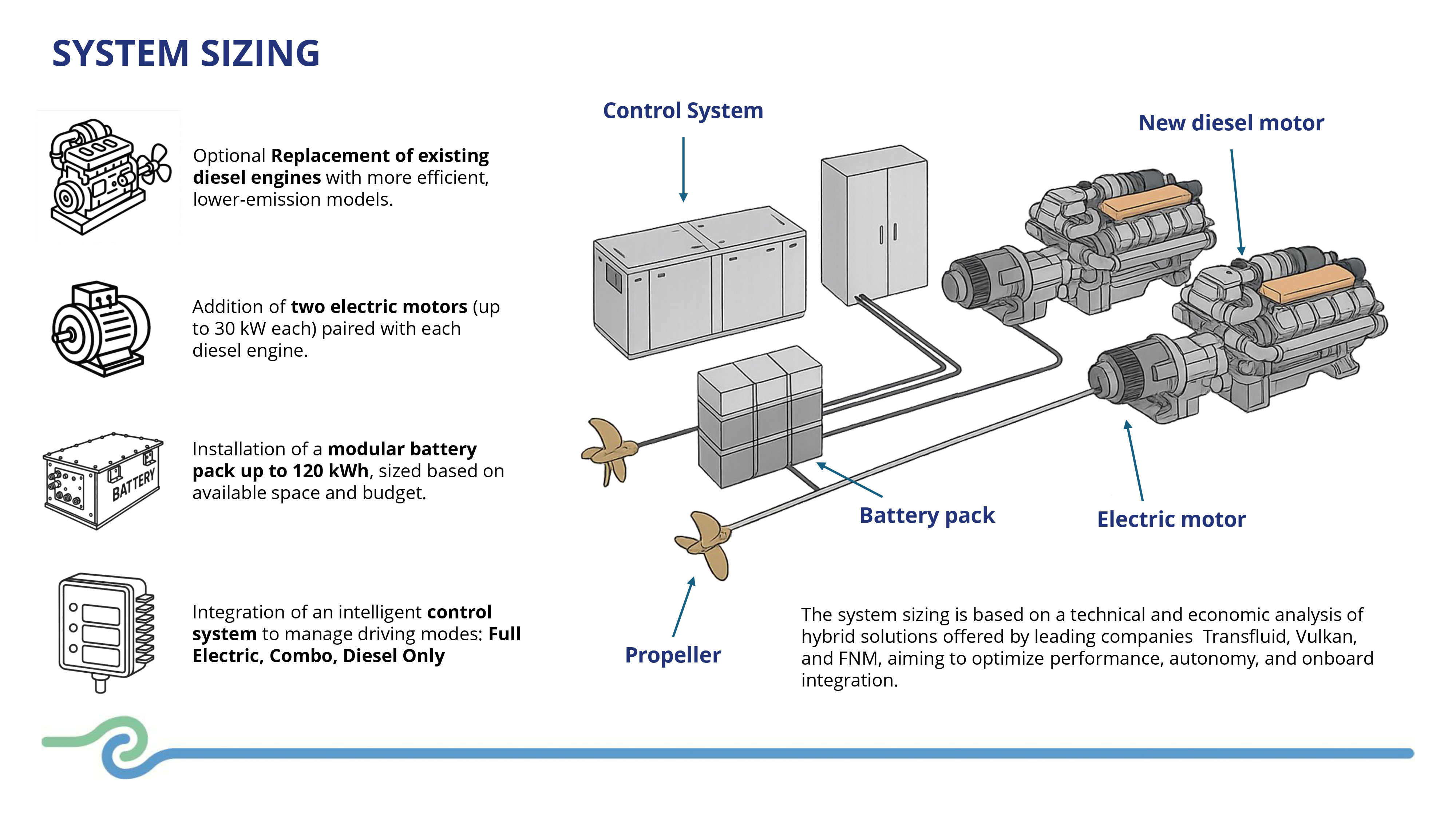3EFISHING

3EFISHING – Ecological, Energy Efficient and Economically Sustainable Fishing
Project type: Interreg Italy–Croatia CBC Programme 2021–2027
Programme: Blue Innovation – Sustainable small-scale fisheries and aquaculture
Call: Standard+
3EFISHING (3E-innovation of small-scale fisheries and aquaculture) is a cross-border initiative focused on promoting Adriatic Blue Growth by modernizing small-scale fisheries and aquaculture with cleaner, more efficient, and climate-resilient technologies. By piloting the electrification and hybridization of fishing vessels, the project seeks to reduce emissions, improve energy efficiency, and create scalable pathways toward sustainability in the maritime sector.
The project directly addresses the escalating climate pressures on the Mediterranean, including faster-than-average ocean warming, acidification, and biodiversity loss. Through innovative retrofitting strategies and hands-on experimentation, 3EFISHING supports a just ecological transition that aligns with EU environmental policies and future maritime regulations, including the FuelEU Maritime initiative.
Goals and Strategic Approach
- Modernize vessels under 12 meters via hybrid propulsion systems.
- Cut GHG emissions by replacing or supplementing diesel engines with electric motors.
- Boost economic resilience of small fishing operators through reduced fuel costs and compliance with upcoming environmental regulations.
- Enable zero-emission operation in ports and low-speed zones.
- Ensure scalability across similar fleets in the Mediterranean basin.
After evaluating multiple propulsion alternatives—hydrogen, LNG, methanol, ammonia, full electric, and hybrid—the parallel hybrid system emerged as the most feasible for small-scale vessels. This decision was based on a multi-criteria analysis considering infrastructure limitations, technological maturity, retrofitting compatibility, and environmental impact.
Duration: March 2024 – August 2026
Coordinator: Alma Mater Studiorum – University of Bologna
Partners: ISMEA – Institute of Services for the Agricultural and Food Market (IT), CIHEAM Bari – Mediterranean Agronomic Institute of Bari (IT), AMAP – Marche Agency for Agriculture and Fisheries (IT), Institute of Oceanography and Fisheries, Split (HR), Ministry of Agriculture of the Republic of Croatia (HR), Zadar County (HR), Cromaris d.d. – Aquaculture Company (HR)
Total Budget: 1.873.755 euro
UNIBO Budget: 529.580 euro
Scientific Head for UNIBO: Prof. Fausto Tinti
DIN Project Manager: Prof. Alfredo Liverani
Photos






